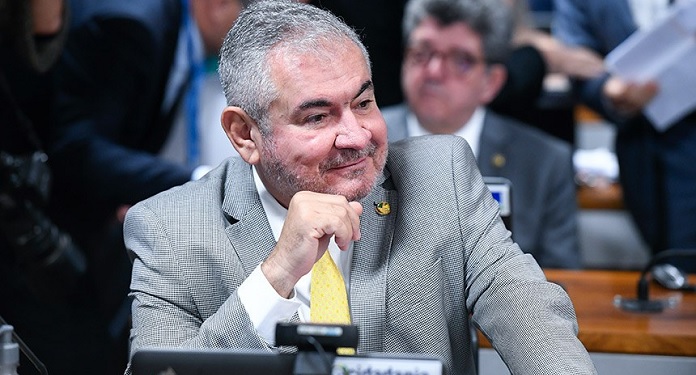The Senate‘s Economic Affairs Committee (CAE) has a meeting scheduled for Tuesday, 17th, at 10 am, with seven items on the agenda. One of them is the project that provides for the sports betting regulation through a fixed quota, such as so-called bets (PL 3,626/2023).
The text was initiated by the Executive and was approved by the Chamber of Deputies on September 13th. The matter incorporated Provisional Measure (MP) 1,182/2023 and deals with issues such as grant payment, new distribution of revenue, requirements and restrictions.
Senator Angelo Coronel (PSD-BA) is the rapporteur. He is the vice-president of the collegiate for the 2023-2024 biennium and has already publicly defended the legalization of gaming in Brazil.
Taxation and regulation of sports betting
According to the text approved by the Chamber of Deputies, 2% of the amount collected will go to social security. Other recipients of the resources will be the areas of sport (6.63%) and tourism (5%).
In sport, the amounts will be divided between the Ministry of Sport (4%), athletes (1.13%) and specific sports confederations, with percentages varying between 0.05% and 0.4%.
Half a percent of the amount will be directed to state Sports departments, which will have to distribute half to municipal Sports departments in proportion to the city’s population. In tourism, 4% will be allocated to the Ministry of Tourism and 1% will go to Embratur.
Law 13,756, of 2018, which created this type of lottery, provided that companies would keep 95% of gross revenue (after prizes and income tax), while the project allows 82%.
Players pay 30% Income Tax on prizes exceeding R$2,112, the IR exemption range.
Remembering that operators request that this level of taxation for both bookmakers and bettors be reviewed in the Senate with a view to the viability of the business, as well as the construction of a solid and responsible market.
Still according to the proposal, education will receive 1.82% of what is collected. Within this amount, 0.82 percentage points will be allocated to early childhood schools or primary and secondary schools that have achieved targets for national assessment results. The remainder (1%) will go to public secondary technical schools.




















































